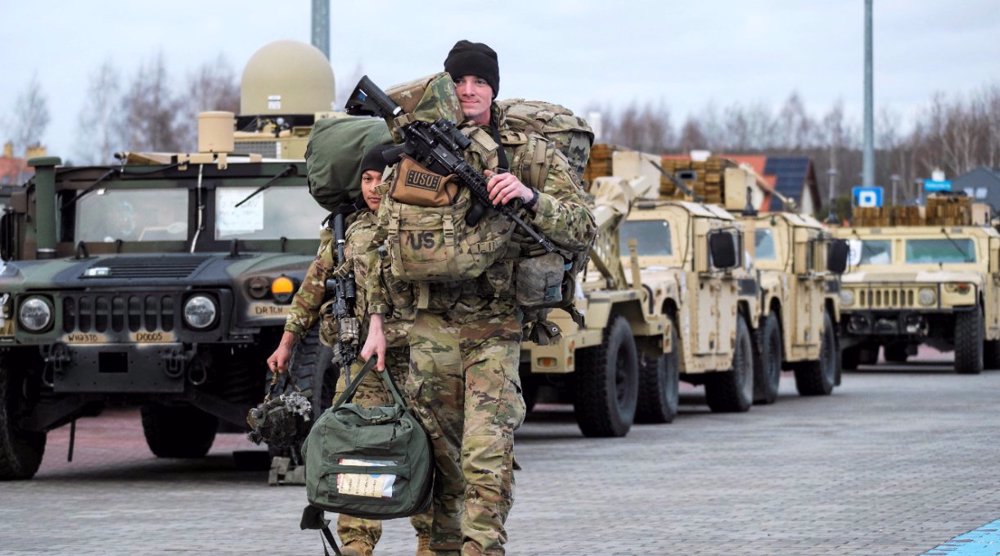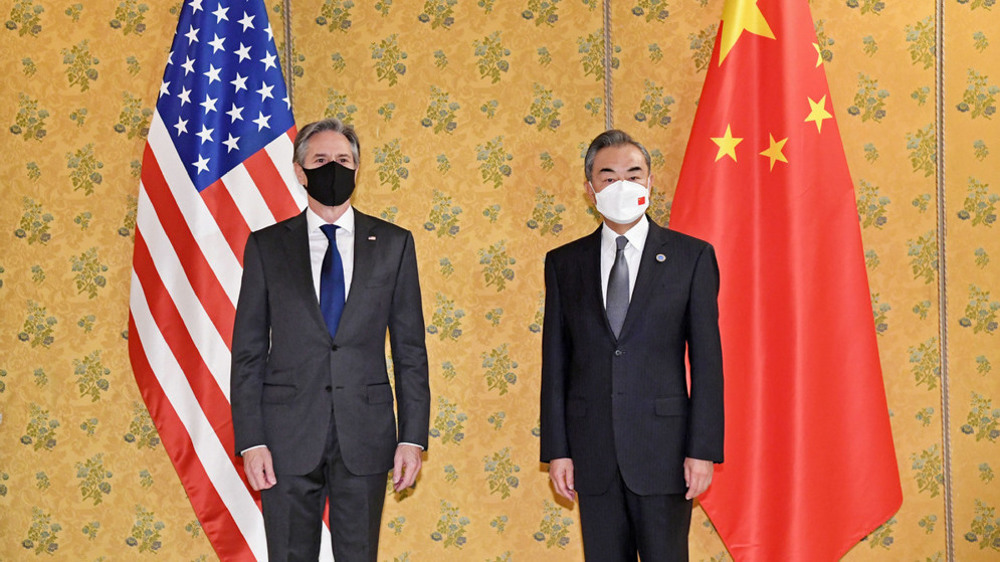Academic: NATO members are not the global policemen, they are agents of chaos
The Western countries led by the United States, militarily represented by NATO, must accept the fact that they are not the global policemen, they are agents of chaos, American author and political analyst Daniel Kovalik has said.
Kovalik, an academic at the University of Pittsburgh, made the remarks in an interview with Press TV on Tuesday after China warned the United States against trying to build a Pacific version of the North Atlantic Treaty Organization (NATO), and urged Washington to stop its interference in Chinese Taipei (Taiwan).
China's Foreign Minister Wang Yi revealed on Monday that the "real goal" of the United States in the Indo-Pacific was to establish a NATO-like military alliance there, Bloomberg reported.
“The time for NATO, if ever there was one, has long passed. We are now seeing the over-reach and aggressiveness of NATO bear, its awful fruit in the war in Ukraine. This was a truly preventable war for which NATO bears a huge responsibility by its ceaseless encroachment to the borders of Russia and its refusal to guarantee that it would not encroach further by admitting Ukraine,” said.
“China is keenly aware of this and knows that it is the next target of NATO aggression. China is right to demand that NATO (whose very name makes clear that it should be contained to the Atlantic) not expand into the Pacific and that it refrain from interfering in the affairs of China and other Pacific nations,” he added.
“The nations of the West, militarily represented by NATO, must accept the fact that they are not the global policemen; rather, they are agents of chaos which would do the world good by simply staying within their own borders and focusing on their own grave problems,” he noted.
China has called on the United States to strictly abide by the "One China" principle when handling issues related to Taipei, stressing that Beijing would not compromise on its core interests.
China has sovereignty over Chinese Taipei, and under the "One China" policy, almost all world countries recognize that sovereignty. The US, too, recognizes Chinese sovereignty over the island but has long courted Taipei in an attempt to unnerve Beijing.
The United States, which backs Taipei's secessionist president, also continues to sell weapons to the island in defiance of Beijing and in violation of its own official policy.
Relations between the US and China have grown tense in recent years, with the world's two largest economies clashing over a range of issues, including trade, Chinese Taipei, Hong Kong, military activities in the South China Sea, and the origins of the new coronavirus.
Russia's ongoing military action in Ukraine has drawn many comparisons to China and Taiwan, an assertion Wang called a "double standard."
“Some, while being vocal about the principle of sovereignty on the Ukrainian issue, have kept undermining China’s sovereignty and territorial integrity on the Taiwan question -- this is a blatant double standard,” Wang said.
Iran condemns Argentina’s unfounded accusations against IRGC
VIDEO | Fighting British state
Pezeshkian calls recent riots in Iran part of ‘failed’ US-Israeli war
VIDEO | Iran unity nullifies sedition
UK ‘preemptively’ discharges pro-Palestine hunger strikers recovering in hospital
US dollar falls in Iran amid rising export currency supply
Trump’s ‘Board of Peace’ for Gaza an extension of Israeli occupation: Ex-UN rights chief
IMF expects Iran’s economy to grow by 1.1% in 2026











 This makes it easy to access the Press TV website
This makes it easy to access the Press TV website